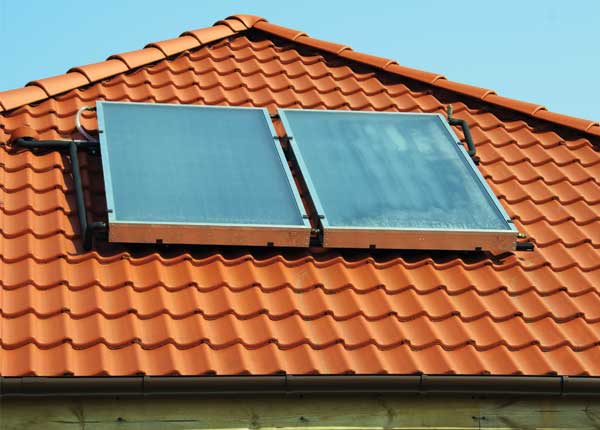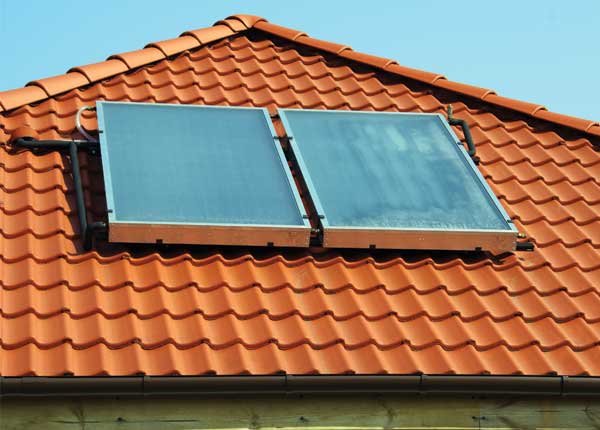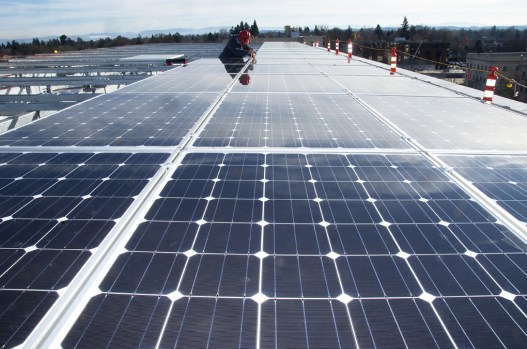
Western Australians might not warm to the idea of a mining tax very much, but try taking away rebates and feed in-tariffs for solar energy generated on suburban rooftops and voters get very hot under the collar indeed.
That’s the take from the Australian Solar Council [ASC] following the WA Senate election last week which saw mainstream parties punished and votes bleed to both The Greens and the Palmer United Party in a trend that suggests the wider electorate is becoming deeply cynical about the Abbott government’s first term performance.
The photovoltaic energy lobby group is claiming a degree of credit for the result that equates to a case of electoral sunburn.
Chief executive of ASC, John Grimes said that the “Save Solar” campaign which was run in the lead up to the WA poll “shifted votes to candidates that support solar and the Renewable Energy Target (RET).”
While the electoral impact of the pro-RET vote is open for debate, the degree of elector hostility to a perceived attack on the solar industry as a whole is understood to have taken a number of the Coalition’s campaign operatives by surprise.
One issue under scrutiny is whether there was a bad miscalculation over the balance between economic and political motivations for everyday households that run fridges, air conditioners, flat screen televisions and other creature comforts that make life in the heat altogether more tolerable.
A real prospect is that there was an underestimation of the number of swinging and otherwise conservative-leaning voters willing to send a negative message over any prospect of their sizable investments in rooftop solar systems to get lower power bills being scrapped.
The ASC is predictably talking up the result as a positive for cleaner, greener energy policies but it certainly isn’t eschewing the jolt that self-generating households feeding power back into the grid can send.
“Three of the five elected Senators support solar and maintaining the Renewable Energy Target and there is a good chance the final seat could be taken by a Senator who strongly supports solar,” Mr Grimes said.
“Greens Senator Scott Ludlam campaigned strongly on protecting and increasing the Renewable Energy Target and received a six per cent boost in support, whilst Palmer United Party’s Dio Wang publicly backed solar and the Renewable Energy Target. The Abbott Government should heed the message from WA voters and shelve its plans to slash the Renewable Energy Target.”
The big push to get solar issues in the face of WA voters before the Senate election builds on momentum gained during the state government election last year when Premier Colin Barnett was forced to backflip on cuts to the solar energy feed in tariff.
That decision took just a week to filter through to the Barnett government after it slashed the payment to households for their electricity in a bid to save $50 million.
The question now being asked among some backbenchers is whether there is more electoral downside from cutting clean energy initiatives that create efficiencies than first anticipated, especially against a growing perception that Coalition energy policy is heavily influenced by the coal and gas industries that rely on consumption rather than efficiency for their margins.
The ASC is certainly gunning for the hip pocket.
“The possible election of four solar supporters [in the Senate] is great news because it makes lower power bills for all Australians more likely. An average size solar system reduces average power bills around 65 per cent. across Australia,” Mr Grimes said, adding that a television and newspaper advertising blitz that carried the “clarion call” of “Vote to Save Money. Vote to Save Solar” had proven highly effective.
That was backed by a heavy online and social media campaign that the ASC say got through to 500,000 people.
Mr Grimes has no doubts that the reach of the advertising works – and not just in terms of votes.
“Solar companies reported a significant increase in phone inquiries as a result of the advertising campaign,” he said.
The formal result of the Western Australian Senate poll is expected to be declared in around 4 weeks.
Comment below to have your say on this story.
If you have a news story or tip-off, get in touch at editorial@governmentnews.com.au.
Sign up to the Government News newsletter



The Green-Labor alliance got around 36% of the vote at the WA election – the Labor Party vote declined by almost the same amount the Greens vote increased – how this can be seen as an endorsement for Green-Labor policies escapes me. Perhaps the Solar Council leives in a parrallel universe.
The solar feed-in scheme subsidies shift wealth from the poor to the rich. The poor pay ever increasing power bills to indulge the solar power fantasies of the wealthy.
Paul, perhaps you didn’t read that Dio Wang, the probable new PUP senator also supports solar energy so the percentage in favour was over 50% on current results.
I agree with both you and the writer that it’s hard to connect votes/swings and single issues, but your other figures don’t make sense either. The swing against Labor was 4.77 and the swing to the Greens was 6.29, so the Greens also received votes from somewhere else. The swing against the Coalition was 7.45 and to PUP was 7.49, which seems much better to qualify as an ‘almost’.
The idea that solar power is for the wealthy doesn’t make sense – if it did, the Coalition would be supporting it.
The major reason for rising power prices is the cost of infrastructure to meet peak demand and roof-panels can help with that. Since a large proportion of WA homes installed them, we no longer get the power-cuts in hot weather or the requests to ‘switch off air-conditioning’.